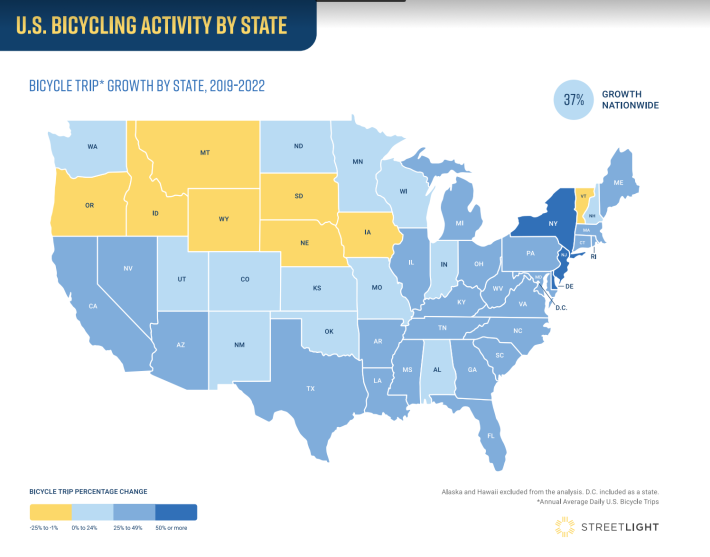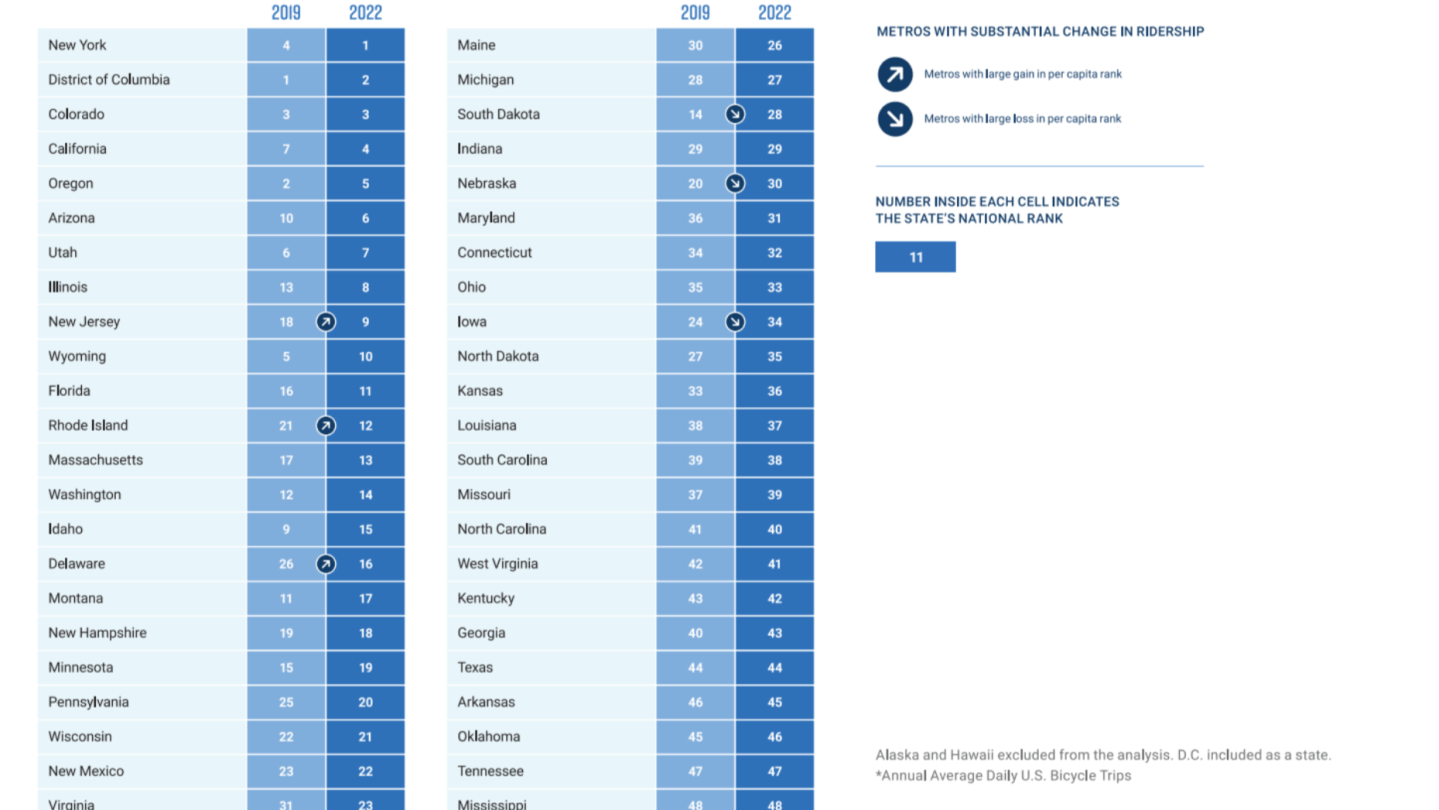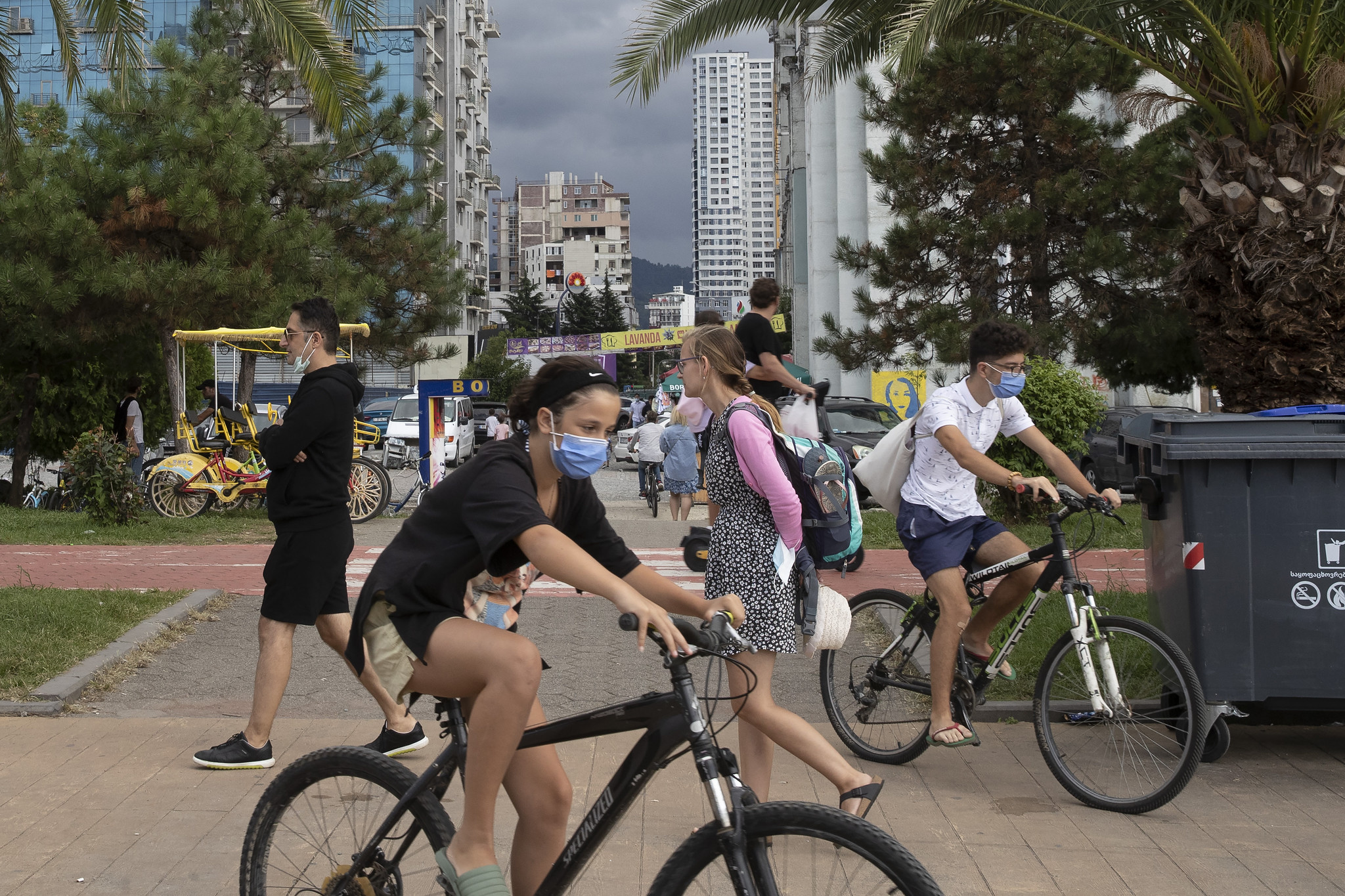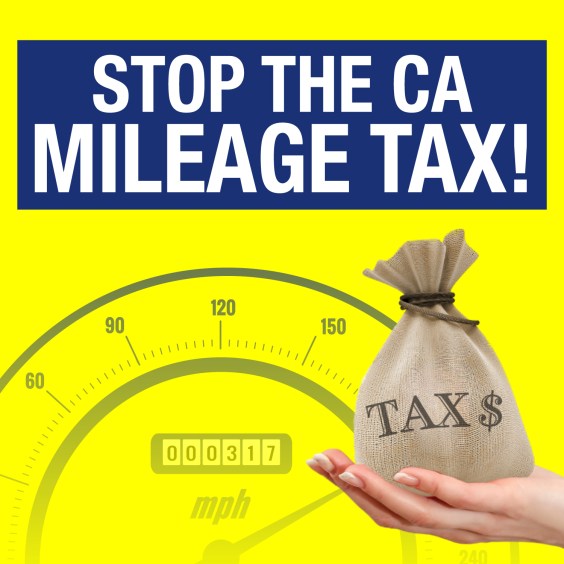America's pandemic-era bike boom hit a troubling plateau last year — and unless communities invest more into getting people riding, those numbers may not go up again anytime soon, a new study finds.
According to a new report from the mobility data analytics firm Streetlight — which may be the first to quantify the impact of Covid-era cycling phenomenon on a national basis, since many city Departments of Transportation don't bother to count people on two wheels — bike trips in the U.S. surged 37 percent between 2019, pre-Covid, and 2022, when it had upended virtually everything about American life. And in top-ranked New York City, trips nearly doubled over that period, with cities like San Diego (which increased 71 percent), Bakersfield, Calif. (70.8 percent) and Las Vegas (69.6 percent) not far behind.
Much of those additional journeys, though, were taken in the first two years of the pandemic — and in 65 out of 100 largest metros, bike trip volumes actually declined slightly in 2022 when compared to the year prior. And while the authors of the report speculated that cities' removal of quarantine-era quick-build bike infrastructure may have played a role in the decline, they weren't totally sure what else caused it.
“I do think there are some flashing signals around the flatline in 2022," said Emily Adler, director of content for Streetlight. "This growth won't continue forever without being facilitated by more infrastructure investment, [and particularly] safety infrastructure."

The silver lining of that urgent warning, of course, is that many Americans are still biking a lot more than they did before the pandemic began — even in cities that didn't make robust investments in the mode.
“Just the universality of growth and the size of the gross number nationally [was really surprising]," added Adler. "And when you start looking at the really big metros, [to see] just how huge the boom was — that was really surprising, too . I would have maybe expected to see more contraction [in bike trips] earlier than 2022. Instead, I think overall, it really seems like biking took off and people stuck with it.”
Adler is careful to note, though, that the study doesn't identify how many of those new bike trips replaced erstwhile car trips, and which simply pulled riders off of buses and trains where they feared contracting a deadly airborne virus. It also didn't quantify how many of those trips were intended purely for exercise or to blow off steam on recreational rides, without reducing the aggregate number of miles city dwellers traveled in private vehicles — and it couldn't possibly quantify how fear of traffic violence shaped individual cities' ridership trends as crashes skyrocketed.
At the local level, additional analysis of these sorts of questions might help explain why some cities' bike booms are now being blunted – and why others never blew up at all. In one particularly surprising revelation from the Streetlight report, the bike-friendly community surrounding Portland, Ore. has actually experienced a seven percent decrease in bike trip volumes since 2019; meanwhile, cycling Mecca Madison tumbled from its number eight spot on the rankings of annual average daily bike trips per capita, all the way down to number 24.

No matter what forces are driving individual cities' divergent cycling trends, the Streetlight data suggests that on the whole, Americans' newfound love for biking wasn't just a flash in the pan. Without the robust investments in safety necessarily to support that rising tide, though, trip numbers are already beginning to wane — and it's happening at the exact moment when the twin challenges of climate change and the national traffic violence epidemic demand that we do everything we can to get more folks out of their cars and into the saddle.
“I hate to use the term the new normal, but there is a new normal setting in," warned Adler.
To learn even more about recent bicycling trends, and how bicycling activity differs across the U.S., register for Streetlight's webinar U.S. Bike Trends and How to Zero in on Your Community on September 28th at 2 p.m. EST / 11 a.m. PST.






